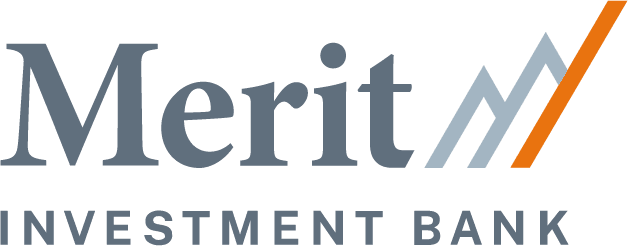Selling your business is a high-stakes decision. Whether you’re planning a full exit or simply exploring options, knowing who your potential buyer is—and what they value—can directly impact your exit strategy, negotiation leverage, and final valuation.
According to the Merit Investment Bank – the three most common types of buyers are:
- Strategic Buyers
- Financial Buyers (Private Equity)
- Individual Operators
Let’s break down each buyer profile.
1. Strategic Buyers: Growth-Driven Acquirers
Who they are:
These are typically companies already in your industry (or adjacent industries) that want to acquire your business to complement or strengthen their operations.
Why they buy:
- Synergy realization (cost-saving or revenue-enhancing)
- Market share expansion
- Geographic or vertical diversification
- Acquisition of technology, IP, or talent
What matters to them:
- Strategic fit
- Cultural alignment
- Integration potential
Example:
A large manufacturer acquiring a smaller player to consolidate supply chains or enter a new market.
Advantages to you:
Strategic buyers often pay a premium because they factor in synergies and long-term benefits.
2. Financial Buyers: Private Equity & Investment Firms
Who they are:
These are investors—primarily private equity firms—looking to generate ROI through acquisition, growth, and eventual resale.
Why they buy:
- Strong cash flow
- Growth potential
- Platform or add-on acquisitions
- Favorable entry valuation
What matters to them:
- EBITDA performance
- Operational efficiency
- Exit opportunities in 5–7 years
Example:
A private equity group acquires a healthy services company to expand its portfolio and later sell at a higher valuation.
Advantages to you:
They may retain your management team and offer partial liquidity, making them ideal for owners seeking a phased exit or growth capital.
3. Individual Operators: Owner-Operators & Search Fund Entrepreneurs
Who they are:
Solo entrepreneurs, retiring executives, or search fund-backed buyers who want to run and grow a business themselves.
Why they buy:
- Seeking a stable, profitable business
- Long-term wealth creation
- Personal career transition
What matters to them:
- Simplicity and sustainability of operations
- Seller training & transition support
- Lifestyle compatibility
Example:
An experienced manager acquiring a local business to leave the corporate world and become their own boss.
Advantages to you:
They are often deeply committed, relationship-driven, and may be more flexible on terms.
Why This Matters: Tailoring Your Exit Strategy
Knowing your buyer type helps you:
- Frame your business narrative effectively
- Optimize valuation by highlighting the right strengths
- Negotiate smarter by anticipating what the buyer wants
- Choose the right fit based on your goals (full exit, partial sale, legacy preservation)
Final Thoughts
Selling your business is as much an emotional decision as it is financial. By understanding the buyer landscape, you give yourself the clarity and confidence to move forward with purpose.
#ExitStrategy #BusinessForSale #StrategicBuyers #PrivateEquity #MAndA #SellYourBusiness #BusinessExit #EntrepreneurTips #BuyerTypes #BusinessPlanning


0 Comments